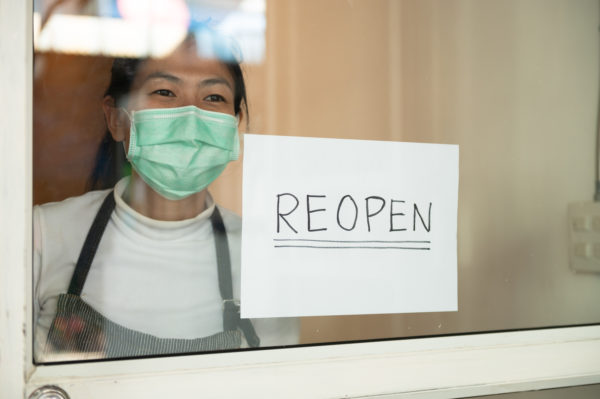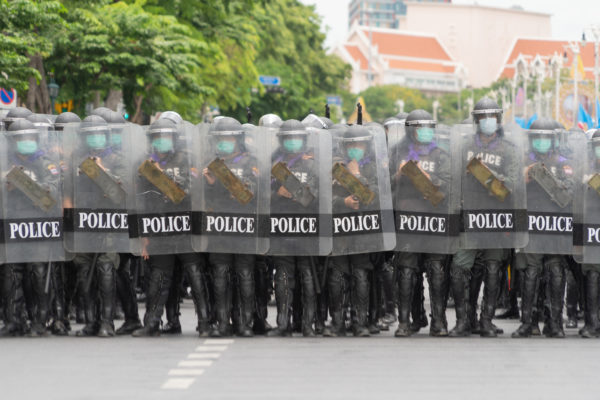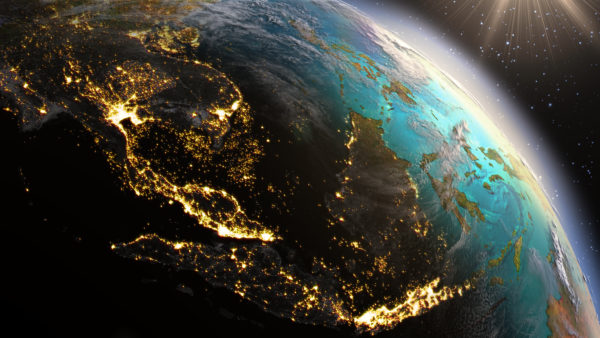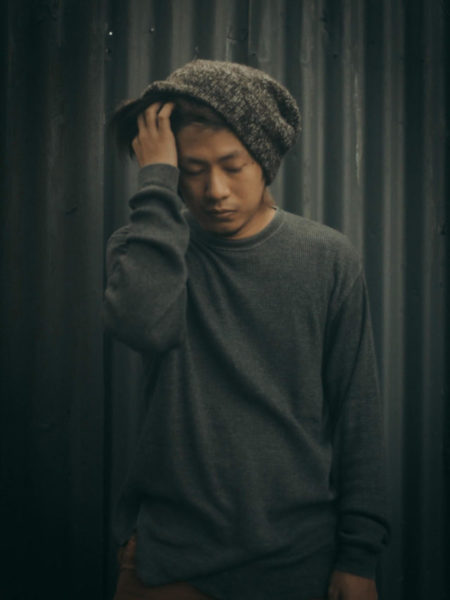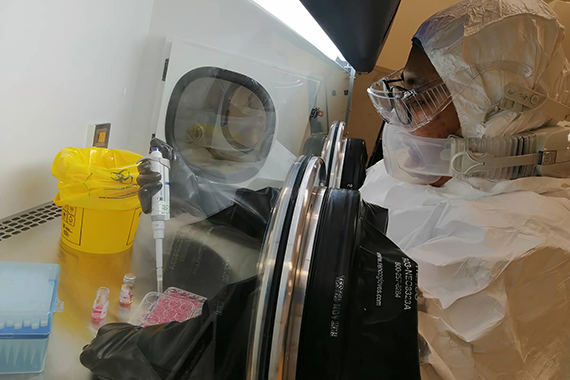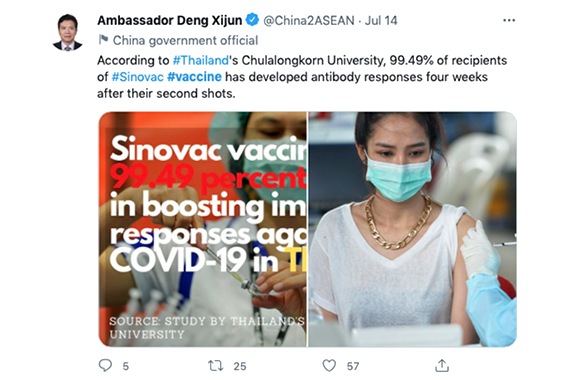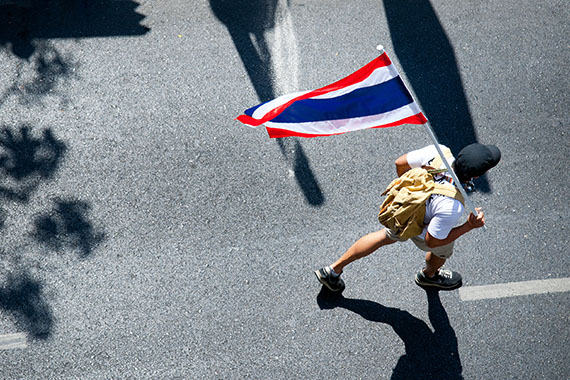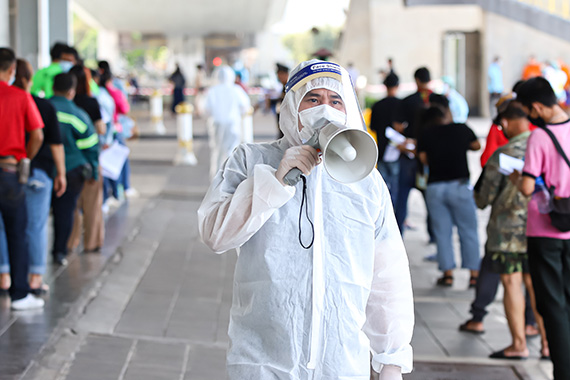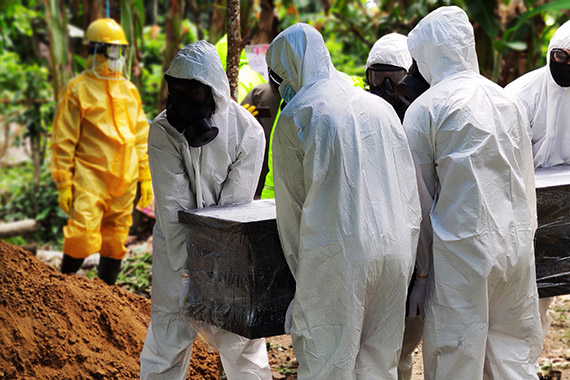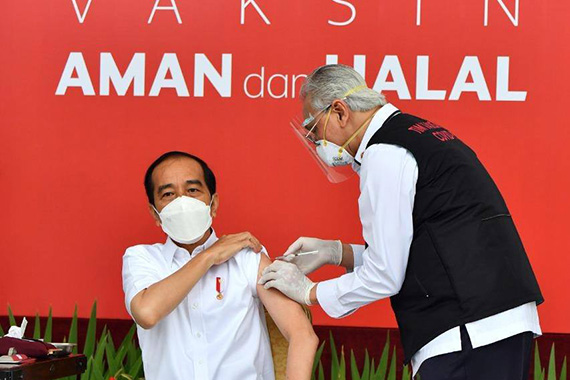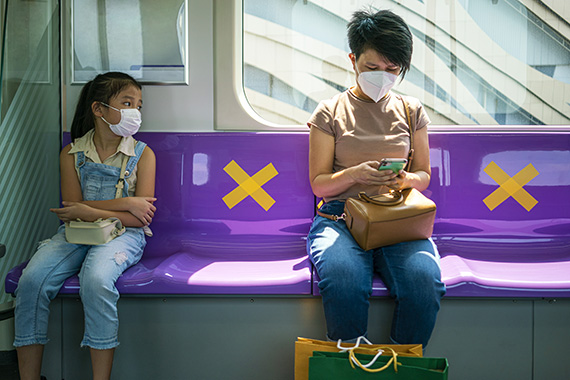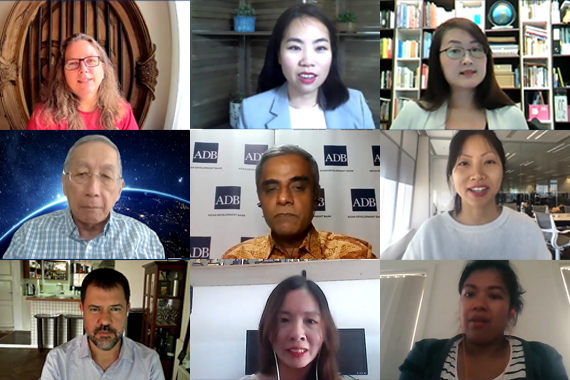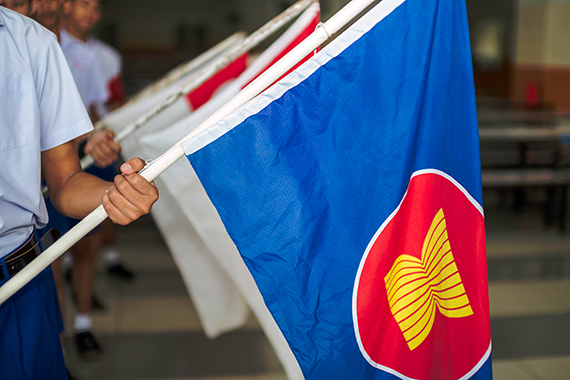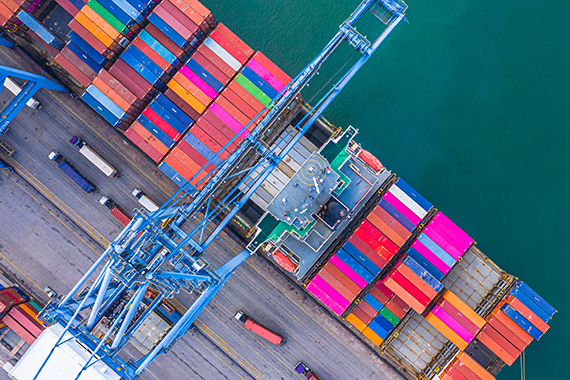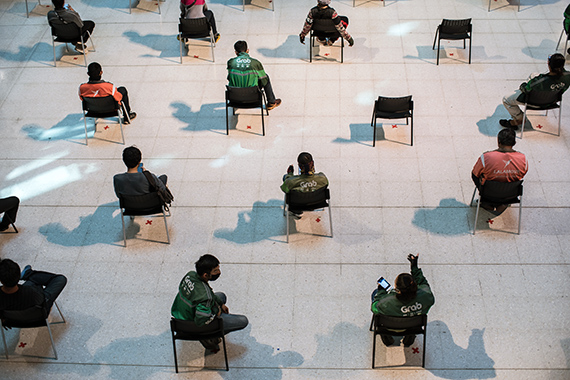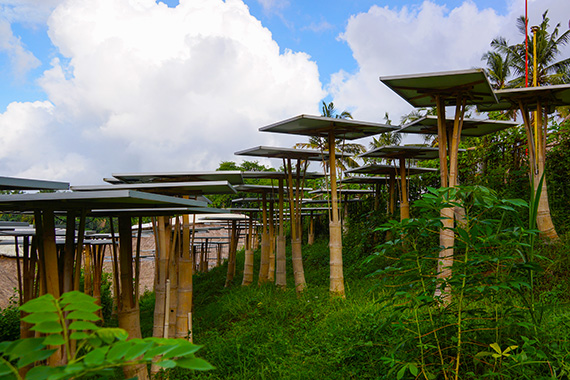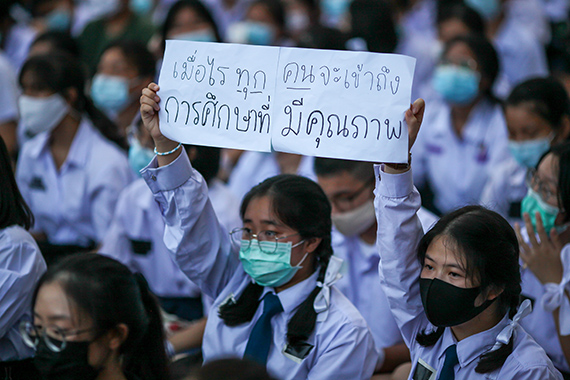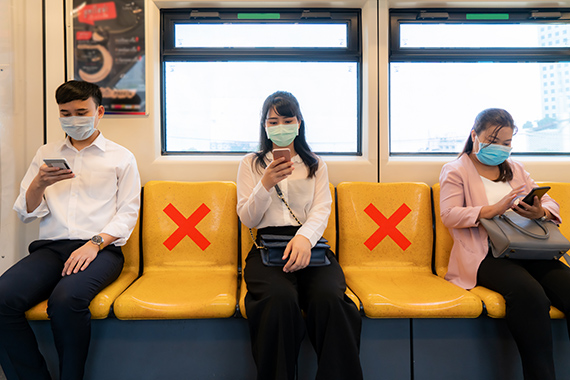Human Rights in Southeast Asia During the Pandemic
By Richard Maude
Published on 22nd November 2022
Read in 6 minutes
After two-and-a-half gruelling years, Southeast Asia has opened its economies and borders and is learning to live with COVID-19. The Asia Society Policy Institute and Asia Society Australia are therefore bringing our long-running Southeast Asia and COVID-19 project to a close. As we do so, we briefly revisit earlier project analysis of the pandemic’s effect on the region’s geo-politics, economics, and society.
This project reported in October 2020 that the pandemic was reinforcing a pre-existing trend of democratic regression and illiberalism in Southeast Asia.
In the subsequent two years, human rights groups have continued to document examples of Southeast Asia governments using the pandemic as cover to silence political opponents, shut down space for civil society, and attack media freedoms. Expanded “emergency” powers and other legal tools, including “fake news” laws, have been exploited in restrictive and repressive ways, all under the banner of safeguarding public health.
A more heartening reflection on the past two years is that civil society in Southeast Asia has proved resilient in the face of immense pressure. Civil society organisations defied efforts to shut down protests. Others found creative ways around censorship and control. And stepping in to help local communities when governments were absent created new opportunities.
This short commentary revisits three Southeast Asian human rights stories: the use and misuse of expanded executive powers by Southeast Asian governments; the effect of “fake news” laws on free speech and political protest; and the impact of the pandemic on civil society.
Emergency Laws
As this project previously observed, states of emergency are not necessarily inconsistent with international human rights law. At times of crisis, including pandemics, they can provide important regulatory or legislative powers to enforce vital public health measures.
In the hands of electoral autocrats in Southeast Asia, however, such measures proved easily abused, operating with scant oversight and safeguards, including from the region’s courts.
In Southeast Asia, governments granted themselves expanded powers through new legislation as well as decrees and other executive orders. Often sweeping in scope and with punitive enforcement provisions, such measures operated in breach of guidelines issued by the UN High Commissioner for Human Rights, notably that restrictions imposed on public health grounds must not damage rights and freedoms guaranteed by international human rights law, and must be proportionate, non-discriminatory, time-bound, and purpose limited.
In Cambodia, for example, a new law on “Preventive Measures against the Spread of COVID-19 and other Severe and Dangerous Contagious Diseases” was passed, giving the government broad powers to restrict or prohibit meetings and gatherings, along with “severe and disproportionate” penalties for those who did not comply.
Hun Sen’s government hardly needed new powers to prop up its authoritarian rule, but human rights observers nonetheless documented instances of the new law being used to arrest journalists and government critics and clamp down on land rights demonstrators and labour rights activists.
In the early stages of the pandemic (April 2020), Cambodia also passed a new emergency powers law that grants the government sweeping powers in the event a state of emergency is declared, including to intercept communications, ban or restrict the distribution of information, and restrict freedom of assembly. Hun Sen appears to want to hold such additional powers in reserve, but the law inevitably had a further chilling effect on political and human rights activity.
In Thailand, emergency measures were introduced early in the pandemic under a 2005 decree on public administration in emergencies, and subsequently extended no less than 19 times, even during periods of low pandemic activity. Over the course of the pandemic, the emergency measures were used to harass and charge political activists and limit freedom of expression, including during the student protests of 2020 and 2021.
Legislation passed in the Philippines (The Bayanihan to Heal as One Act and its successor, the Bayanihan to Recover as One Act) gave then President Duterte extensive powers to impose and enforce lockdown measures, albeit in a time-limited form. As was the case in Cambodia and Thailand, human rights groups quickly documented instances where these powers were used to harass activists and political opponents, threaten journalists and detain or punish thousands of Filipinos found breaking quarantine. The situation appeared to improve in 2021: Human Rights Watch reported “fewer serious Covid-19-related rights violations in the Philippines during the second year of the pandemic compared to the first”.
Southeast Asian nations are now opening borders and economies and learning to live with the pandemic. Along the way, some emergency powers have been set aside. In the Philippines, the second Bayanihan Act has lapsed. Thailand’s state of emergency decree was set aside on 1 October: even the repressive Prayut government found repeated extensions hard to justify. And Hun Sen’s draconian state of emergency law remains uninvoked for the time being, likely awaiting a more serious challenge to his iron grip on political power.
Early in the pandemic, observers worried that emergency-like powers could become a permanent fixture in some Southeast Asian nations. Where it has occurred, the dropping of pandemic emergency laws and decrees might therefore be quietly welcomed. Still, the region’s external partners should be under no illusion that enlightened concern by Southeast Asian governments about overreach is a factor in such decisions.
National circumstances differ, but as pandemic management moves into a different stage, even authoritarian and illiberal Southeast Asian governments keep an eye on broad public sentiment. And the hard reality is that such governments already have extensive repressive powers they can and do regularly turn to. Finally, the ability of illiberal governments in Southeast Asia to grant themselves new powers at any time and under any circumstances, all under the thin veneer of legalism, will endure in the absence of deep and unlikely political change.
“Fake news”
In a 2020 report, Freedom House lamented an “especially dismal year” for internet freedom, with governments across the world using the pandemic as a pretext to limit access to information, block independent news sites, and arrest individuals on “spurious charges of spreading false news”.
In Southeast Asia, simply talking about the spread of the pandemic was at times enough to get individuals arrested. Governments also used “fake news” or misinformation laws to stifle criticism of pandemic responses and discredit civil society, invoking the apparent need to prevent “harm” to the nation or limit “public fear”. Local media and activists self-censored. In Cambodia, Prime Minister Hun Sen, once again setting the high bar, notoriously complained that citizens (allegedly) spreading “fake news” about the pandemic were “terrorists”.
Still, two and a half years into the pandemic it should also be noted that Southeast Asia has very high mobile phone and social media penetration rates and that the region has been deluged by misinformation about COVID-19, including bizarre and dangerous bogus “treatments”. False claims about the safety of COVID-19 vaccines were also a factor in vaccine hesitancy in some communities. And social media is used to incite hate against ethnic minorities and migrant labour communities for allegedly spreading the virus.
As is the case worldwide, Southeast Asian nations have a genuine interest in trying to remove such material from the internet, and in encouraging platforms like Facebook to do so, and in promoting accurate information about the COVID-19 virus.
Efforts to tackle the pandemic “infodemic” are therefore both necessary and reasonable. The problem, as the pandemic demonstrated, is that in Southeast Asia “fake news” laws are often broadly and poorly drafted, operate without independent oversight or checks, and are regularly misused to silence and intimidate civil society organisations and political opponents.
Civil society – down but not out
Civil society organisations and protest movements across Southeast Asia endured immense pressures during the pandemic. Movement controls and other restrictions shut down the space for peaceful protest and made program implementation extremely difficult. Governments were hyper-sensitive to criticism of pandemic policy responses. Emergency laws added new legal risks. Groups faced funding challenges, including to move operations on-line.
Still, civil society organisations in the region have proved their resilience. For example, Jasmin Lorch and Janjira Sombatpoonsiri examined civil society and civic space in five Southeast Asian nations and found that mass demonstrations not directly related to COVID-19 “persisted and proliferated”, despite at times massive repression. They also observed many civil society organisations moving into welfare service delivery while maintaining political advocacy.
Kirana Anjani from the International Centre for Not-for-Profit Law (ICNL) reports a similar mobilisation of civil society networks in Southeast Asia to compensate for slow and unreliable pandemic assistance from regional governments, although notes that even these humanitarian efforts were at times subject to threats and attacks from police and military officials.
Anjani’s survey also documents examples of creative adaptation by civil society organisations across Southeast Asia. These included street art in Indonesia to get around internet censorship, “live maps” to help protestors in Myanmar avoid security forces and roadblocks, and the Student Union of Thailand’s “protest from home” social media campaign. In Indonesia, LaporCOVID-19 used crowd sourced data to track the path of the COVID-19 pandemic and chatbots to allow citizens to report issues with testing and vaccination programs and access to hospitals (see this project’s interview with LaporCOVID-19 co-leader Irma Hidayana).
The resilience, bravery, and adaptability of civil society organisations in Southeast Asia has proved one positive story from the pandemic years, a signal of hope and determination in an otherwise grim period of rising illiberalism, nationalism, and populism.
Skip to section:
Human rights in Southeast Asia during the pandemicSkip to section:
Human rights in Southeast Asia during the pandemic